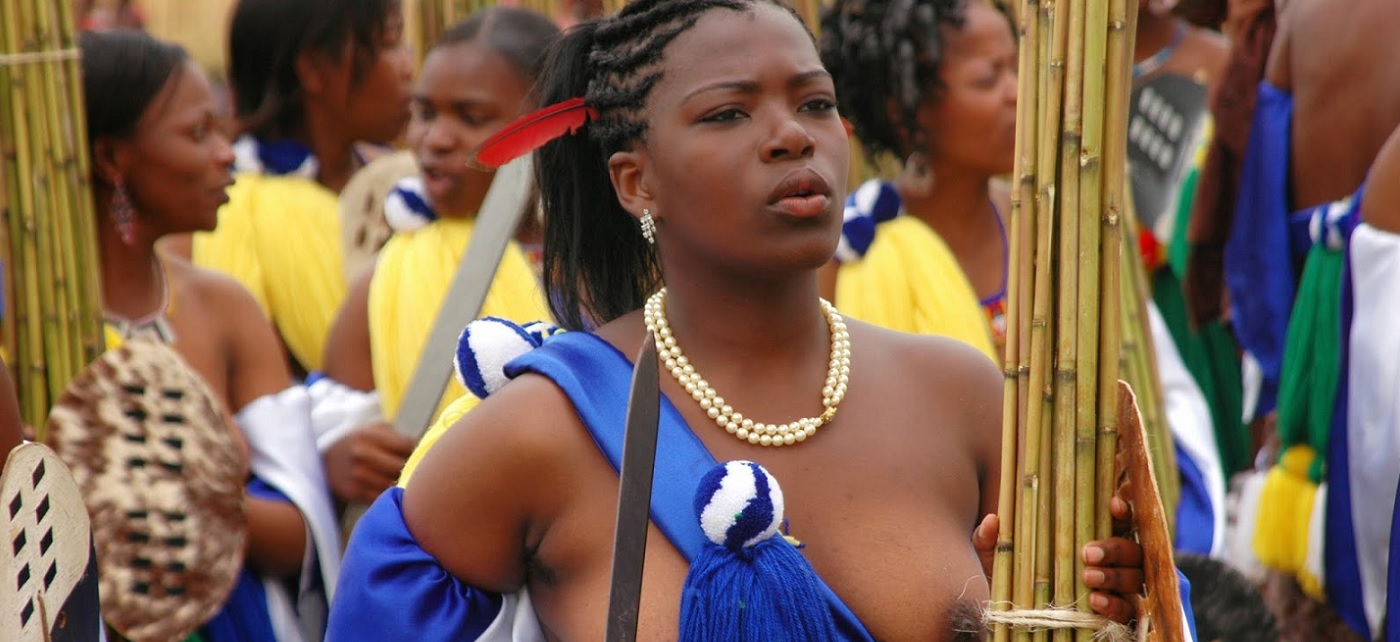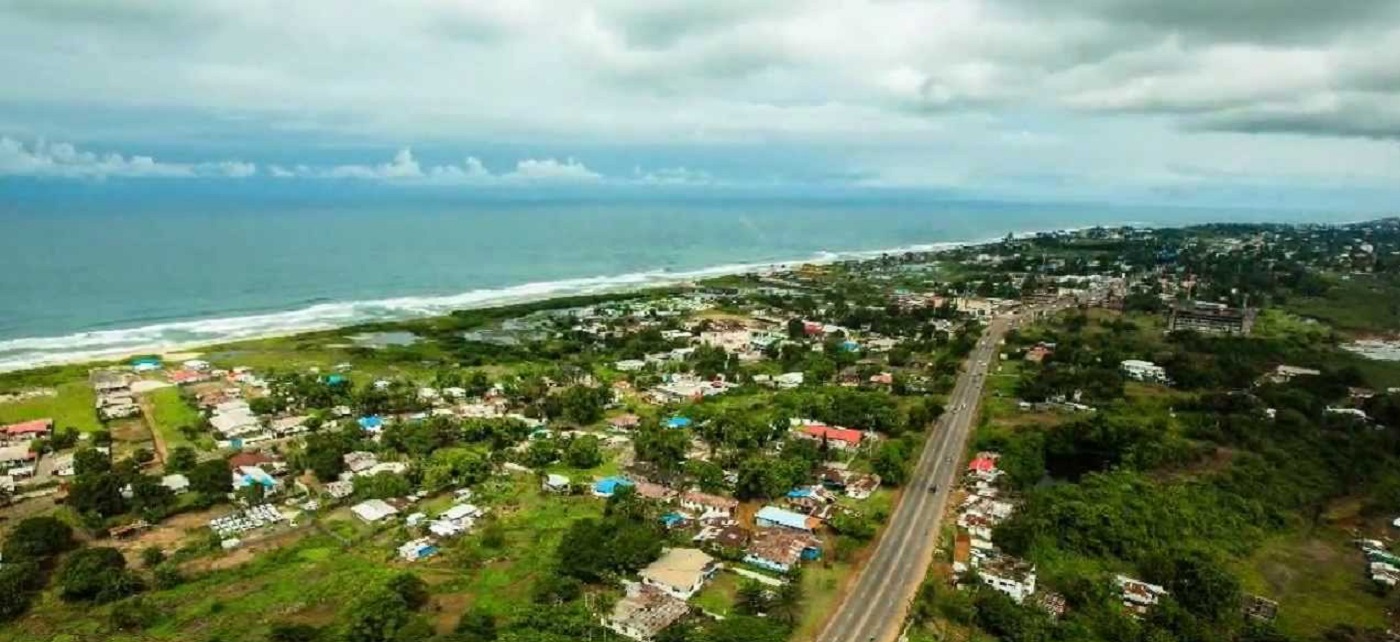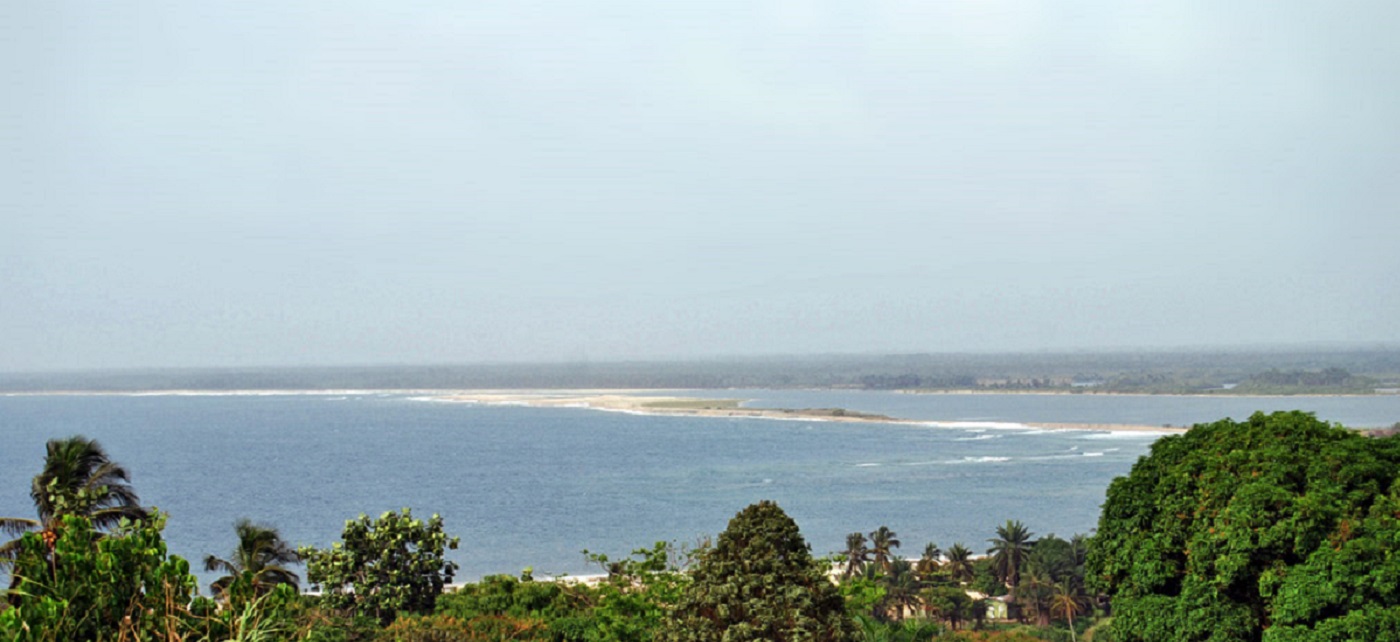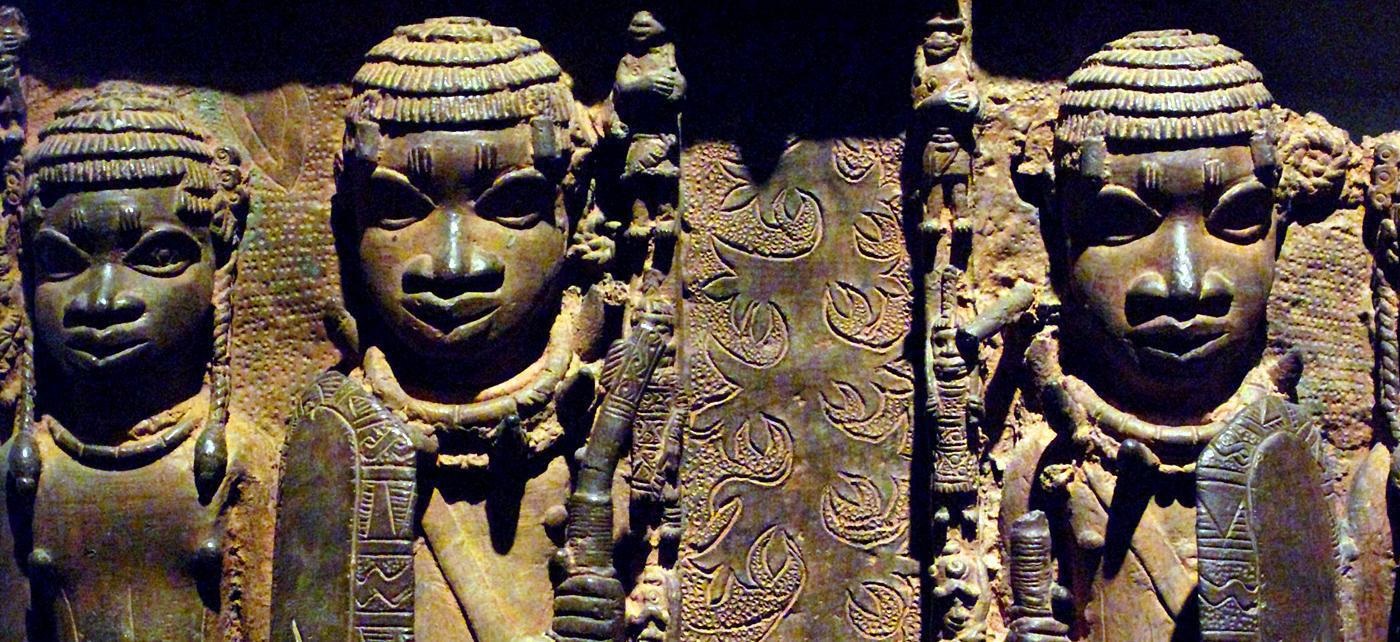Liberia, officially the Republic of Liberia, is a country in West Africa. It is bordered by Sierra Leone on the west, Guinea on the north and C�te d'Ivoire on the east. Liberia's coastline is composed of mostly mangrove forests while the more sparsely populated inland consists of forests that open to a plateau of drier grasslands. The country possesses 40% of the remaining Upper Guinean rainforest. Liberia has a hot equatorial climate, with significant rainfall during the May to October rainy season and harsh harmattan winds the remainder of the year. Liberia covers an area of 111,369 km2 (43,000 sq mi) and is home to about 3.7 million people. English is the official language, while over 30 indigenous languages are spoken within the country.
Liberia is one of only two modern countries in Sub-Saharan Africa without roots in the European Scramble for Africa. Beginning in 1820, the region was colonized by freed American slaves with the help of the American Colonization Society, a private organization that believed ex-slaves would have greater freedom and equality in Africa. Slaves freed from slave ships were also sent there instead of being repatriated to their countries of origin. In 1847, these colonists founded the Republic of Liberia, establishing a government modeled on that of the United States and naming the capital city Monrovia after James Monroe, the fifth president of the United States and a prominent supporter of the colonization. The colonists, known as Americo-Liberians, monopolized the political and economic sectors of the country despite comprising only a small percentage of the largely indigenous population.
The Pepper Coast has been inhabited at least as far back as the 12th century, perhaps earlier. Mende-speaking people expanded westward from Sudan, forcing many smaller ethnic groups southward towards the Atlantic Ocean. The Dei, Bassa, Kru, Gola and Kissi were some of the earliest recorded arrivals. This influx was compounded by the decline of the Western Sudanic Mali Empire in 1375 and later in 1591 with the Songhai Empire. Additionally, inland regions underwent desertification, and inhabitants were pressured to move to the wetter coast.
The government of Liberia, modeled on the government of the United States, is a unitary constitutional republic and representative democracy as established by the Constitution. The government has three co-equal branches of government: executive, headed by the president; legislative, consisting of the bicameral Legislature of Liberia; and judicial, made up of the Supreme Court and several lower courts. The president serves as head of government, head of state and the commander-in-chief of the Armed Forces of Liberia. Among the other duties of the president are to sign or veto legislative bills, grant pardons, and appoint Cabinet members, judges and other public officials. Together with the vice president, the president is elected to a six-year term by majority vote in a two-round system and can serve up to two terms in office.
Liberia is divided into 15 counties, which are subdivided into districts, and further subdivided into clans. The oldest counties are Grand Bassa and Montserrado, both founded in 1839 prior to Liberian independence. Gbarpolu is the newest county, created in 2001. Nimba is the largest of the counties in size at 4,460 square miles (11,551 km2), while Montserrado is the smallest at 737 square miles (1,909 km2). Montserrado is also the most populous county with 1,144,806 residents as of the 2008 census.
The fifteen counties are administered by superintendents appointed by the president. The Constitution calls for the election of mayors and various chiefs at the county and local level, but these elections have not taken place since 1985 due to war and financial constraints. In 2008, the Supreme Court ruled in favor of allowing the president to appoint mayors until the country could afford to hold municipal elections.



